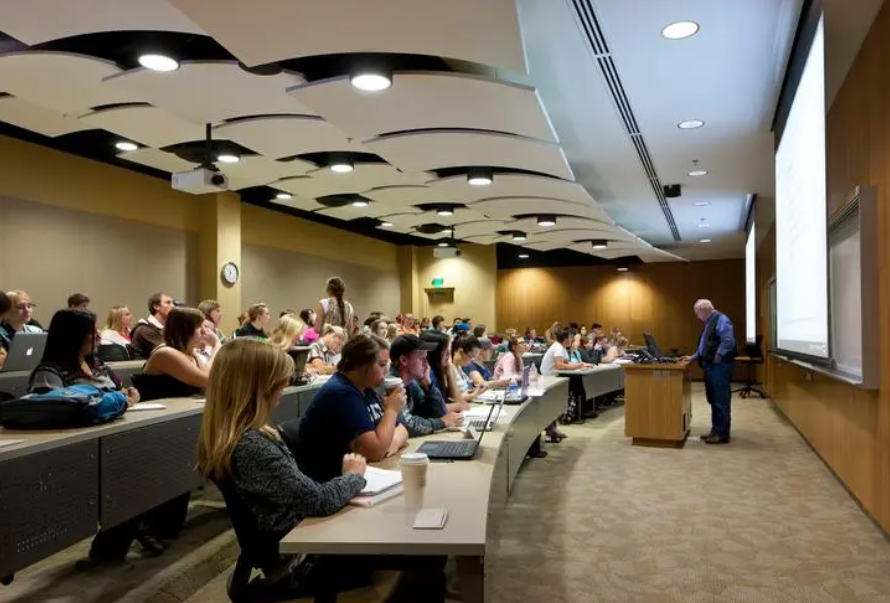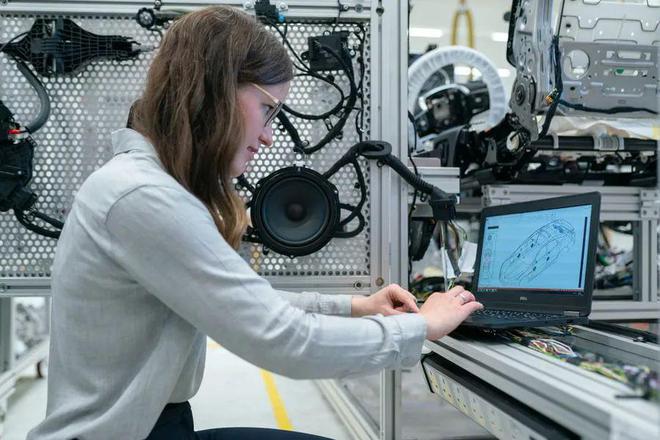Referring to the cooperation between China and the UK in the field of vocational and technical education, a representative case is the pilot project of China-British new energy vehicle skilled personnel training, which was conducted by the National Ministry of Human Resources and Social Security and the British Department of International Trade from 2020 to 2021 under the guidance of the British Automobile Industry Association (IMI) and the Shandong Institute of Engineering Technicians. The project aims to learn from the talent training mode, curriculum standards and international professional qualification system in the field of new energy vehicles in the UK, and improve the new energy vehicle talent training program suitable for China.
During the course of the project, the teachers and students participated in the training systematically learned the safe operation specifications, new energy vehicle maintenance, high voltage component replacement, common fault diagnosis and troubleshooting under the IMI new energy vehicle talent training program. After training, almost all the teachers and students have passed IMI certification at different levels. When talking about why China and the UK choose new energy vehicles as the priority area of skills education cooperation, Liu Jing said: "The development of new energy vehicles is the trend of the times, and this project is adapted to the development requirements of the times."
Transportation is the source of nearly one quarter of global greenhouse gas emissions. The new energy vehicle industry has become an important strategic measure for countries to achieve green transformation and cope with climate change. The UK has long put forward the policy of developing new energy vehicles and phasing out pure fuel vehicles. In November 2020, the "Ten Point Plan for the Green Industrial Revolution" issued by the British government required to achieve "net zero emissions" of greenhouse gases by 2050, and stop selling gasoline and diesel new cars by 2030. The detailed "net






